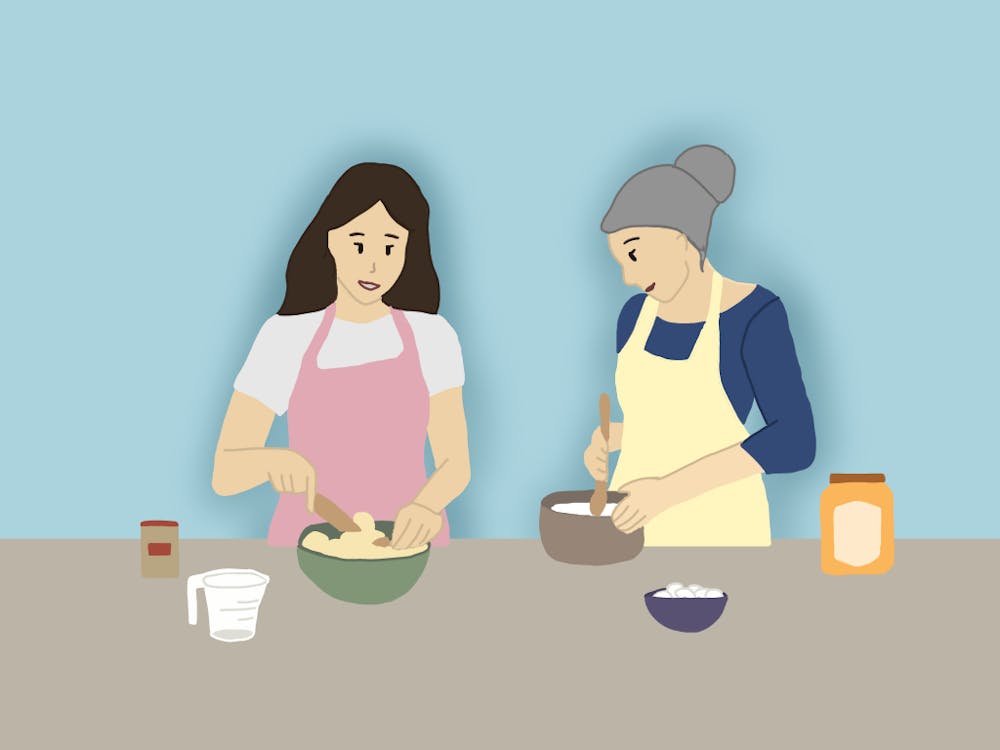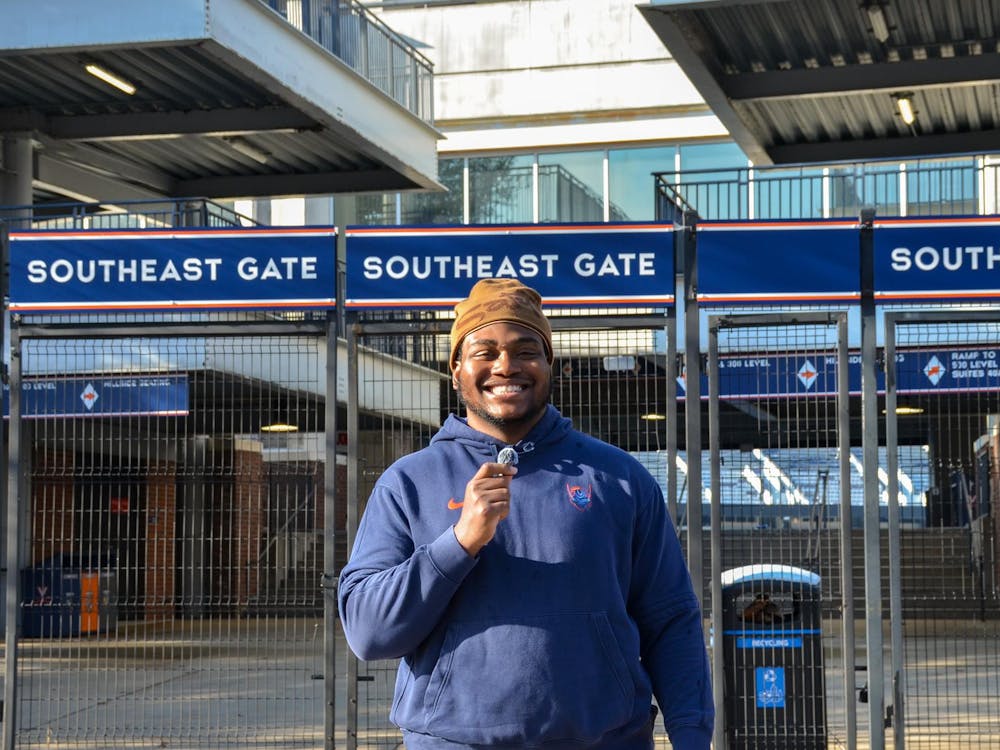They told me I was the first white boy who'd ever said more than "hi" to them. Me, I was just looking for some shade.
The month was August and I was beachcombing Grand Anse on the island of Grenada, at the ankles of the Caribbean. Ahead of me, sleepy palms hung over water as still as glass, making it hard to imagine the violence of 1983, when U.S. troops washed up on its shores in a barrage of gunfire.
On this day, a group of local men were just shooting the breeze, some busy wiping off the motor oil that had rained down only a few hours ago during the last night of Carnival, when the capital became a throbbing mass of slick black pistons.
Leaning against a tree within earshot, I caught no more than a handful of words from the Spanish-laced Creole they effortlessly spoke in a flash of pearl and gold. Yet the wind seemed to render their flow into an infectious tropical muzak, and I couldn't help but listen.
Then a strange thing started to happen. After an idle half-hour with one lazy ear tuned to their conversation and another out to sea, I started to understand them. It occurred to me that they had begun to speak a lot more of the King's English, as though they wanted me to understand.
A man named Stone turned to me and asked where I was from. "My cousin lives in Brooklyn," he shot back, with a look that said "there's more to this beach bum than you expect." I was now invited.
We talked of things local and distant, in crescendos that rose and fell with the tide. One of the men quietly slipped away to the dock and later returned with net full of conch, and we ate off sticks and cracked jokes until the hot southern sun gave up. It didn't matter that I would head back to a hotel with Egyptian cotton sheets and they would hike a dirt road to a cot under a tin roof. All except to a red-eyed drifter with rum on his breath, who crashed the campfire and kicked over my Coke.
"What he doin' here? Don't want no f***in' white boy roun' here."
Before I could react, Stone stood up and faced the man down. "His skin may be white, but his heart is black, mon. He ain't goin' nowhere, but 'choo are." The outsider threw a hard stare and went barking into the night.
It may not translate well on paper, but to hear Stone's words, I'd have gone anywhere.
Roll With It
"Travel," Mark Twain once said, "is fatal to prejudice." This is a side effect that takes effort to avoid. At a minimum, travel compels you to dig up buried perceptions, turn them over, and give them a second thought. If you do it right, it's likely you'll cause others to introspect and do the same.
Yet it's not just a matter of going places. Millions of people travel thousands of miles and expect to find everything they should have left behind, right down to Wal-mart. Too often, they succeed.
If you have been to Cancun, you've seen Myrtle Beach, S.C. with a side of white sand and cerulean blue. You have not seen Mexico.
Showing up is a start, but once you're there do you retreat to the hotel room to watch Tunnel Vision, or do you step out and soak it up? Paul Bowles wrote that "the [tourist] accepts his own civilization without question; not so the traveler, who compares it with the others, and rejects those elements he finds not to his liking."
Sure, being a tourist is like being in the proverbial bubble, but it's one we have assumed ourselves, inflated by a steady diet of comfort and hearsay. But we can break through if we allow it to happen.
Fresh experience is never far from those who seek anonymity, pack lighter and plan less. It's a matter of leaving enough room for the random variables encountered to play out in full.
I once got off a plane in Costa Rica, and an hour later I found myself in the middle of a village bullring getting eyeballed by a cross-eyed beast. With no fixed agenda or commitments to honor, we had just pulled off the highway to grab a bite to eat and then






